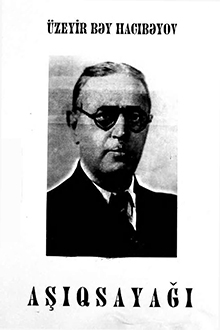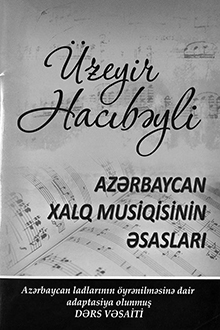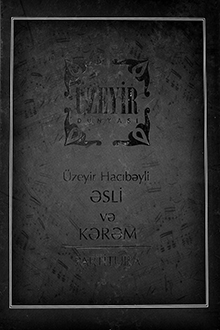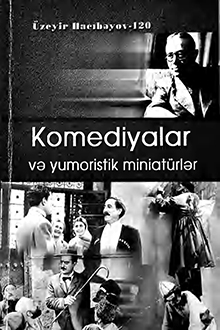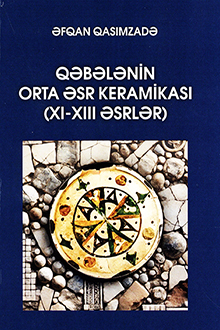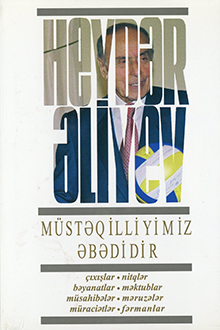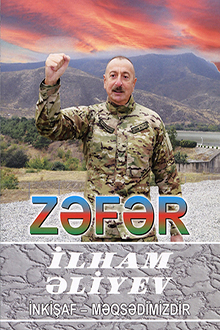Azərbaycanın ilk görkəmli qadın şairi, şahmatçı, musiqiçi və bəstəkarı Məhsəti Gəncəvi 12 may 1089-cu ildə Gəncədə anadan olmuşdur. XII əsr şeir məktəbinin yaradıcılarından biri olan Məhsəti Gəncəvi Azərbaycan ədəbiyyatının inkişafında mühim rol oynamışdır. Onun əsl adı Mənicə olmuş, Məhsəti adını isə özünə ədəbi təxəllüs kimi götürmüşdür. Təxəllüsünün mənşəyi ilə bağlı bir rəvayət vardır. Bir gün Səlcuq sultanı Səncər onu saraya dəvət edir. Şairə sultana sarayda hamıdan kiçik və görünməz olduğunu söyləyir. Sultan onunla razılaşmır və farsca deyir: “To meh-həsti” ( “sən hamıdan böyüksən”). Beləliklə, “meh-həsti” “məhsəti” təxəllüsünə çevrilir.



































